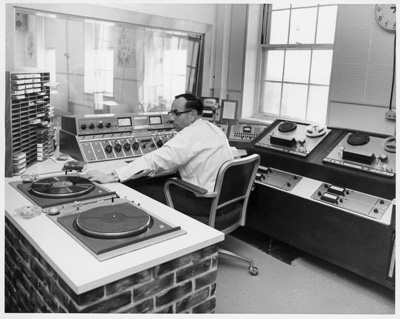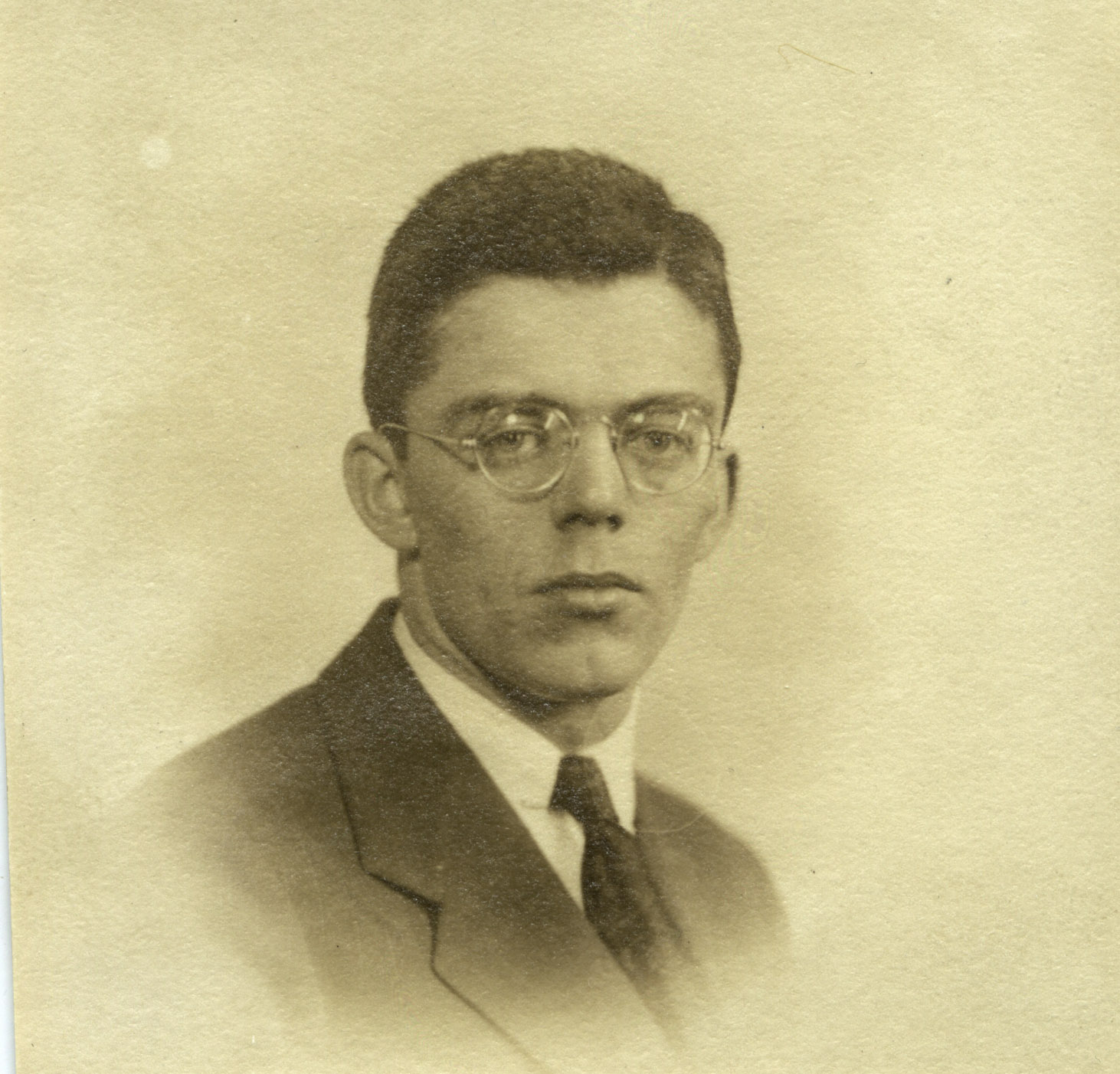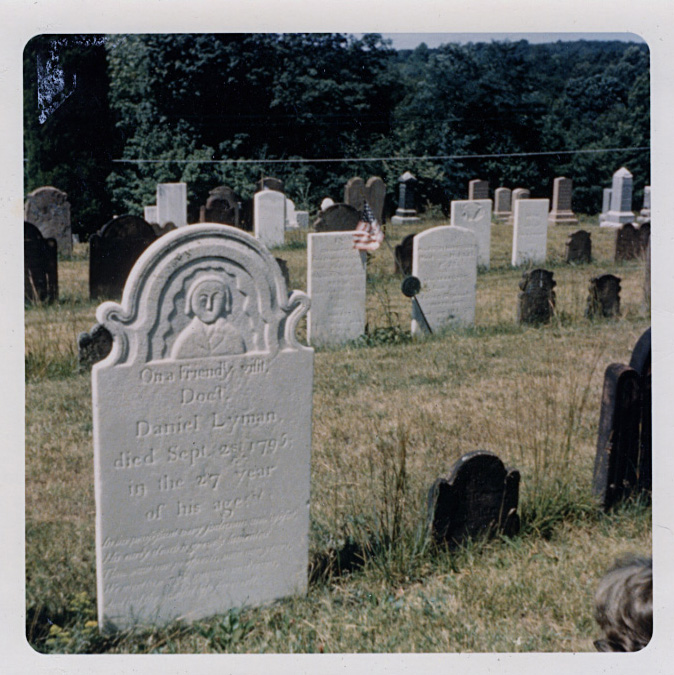David Kenneth Wetherbee Collection of New Salem
David Kenneth Wetherbee was a naturalist and local historian who lived for many years in the small town of New Salem, Mass. Receiving a doctorate in ornithology from the University of Connecticut in 1959, Wetherbee worked as an adjunct instructor in Wildlife Biology at UMass Amherst and pursued his eclectic research agenda that ran from butterflies in the Caribbean to the history of his adopted New Salem. He died in 1997 at the age of 70.
This unusual collection is the result of David K. Wetherbee’s concerted effort to collocate data on the early settlement of New Salem, Mass., and his attempt to “reconstruct” the record book of the town’s Proprietors that had succumbed to fire in 1856. In addition to a scarce copy of his eccentric summary of his findings, Heare Lies Salim New Grant, the collection includes notes on the original divisions of land among the early settlers, arranged by division; and information on each of the early settlers and their landholdings, arranged alphabetically by name.




